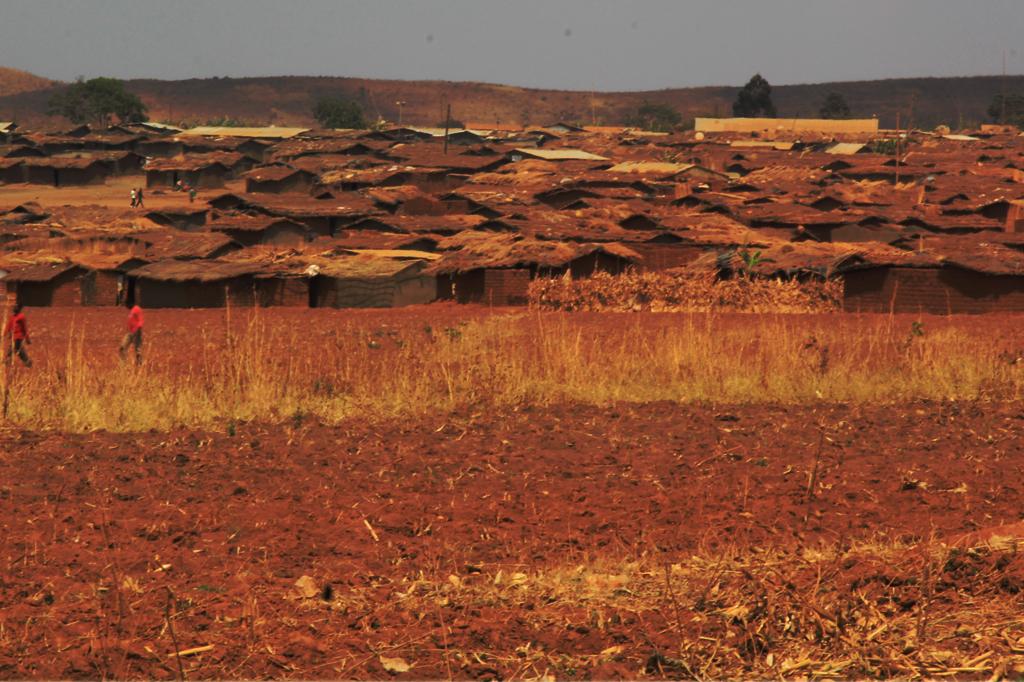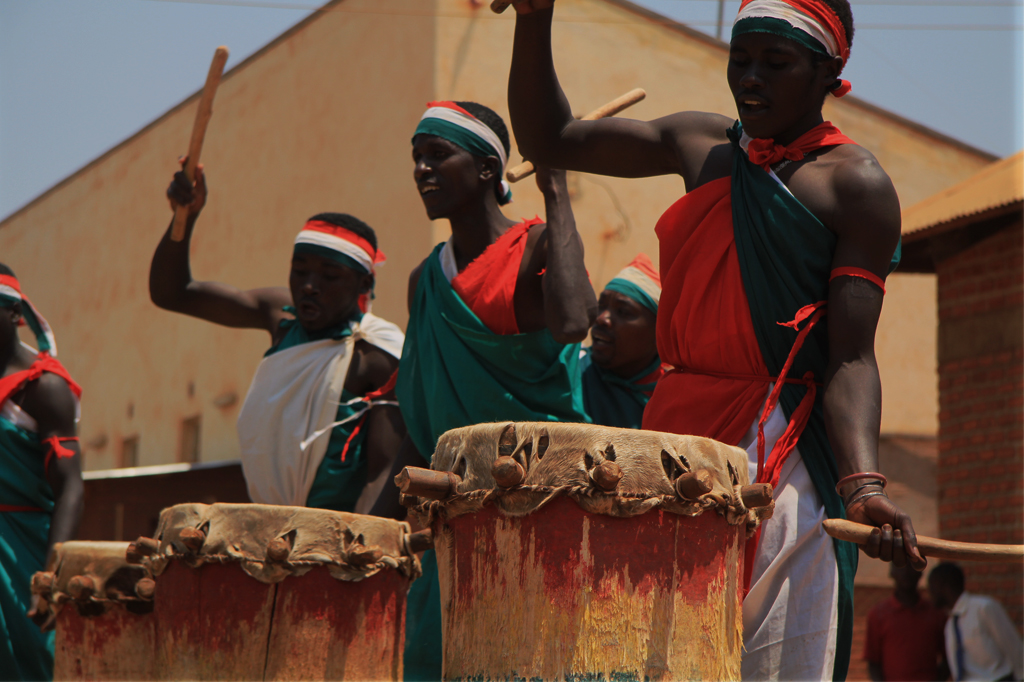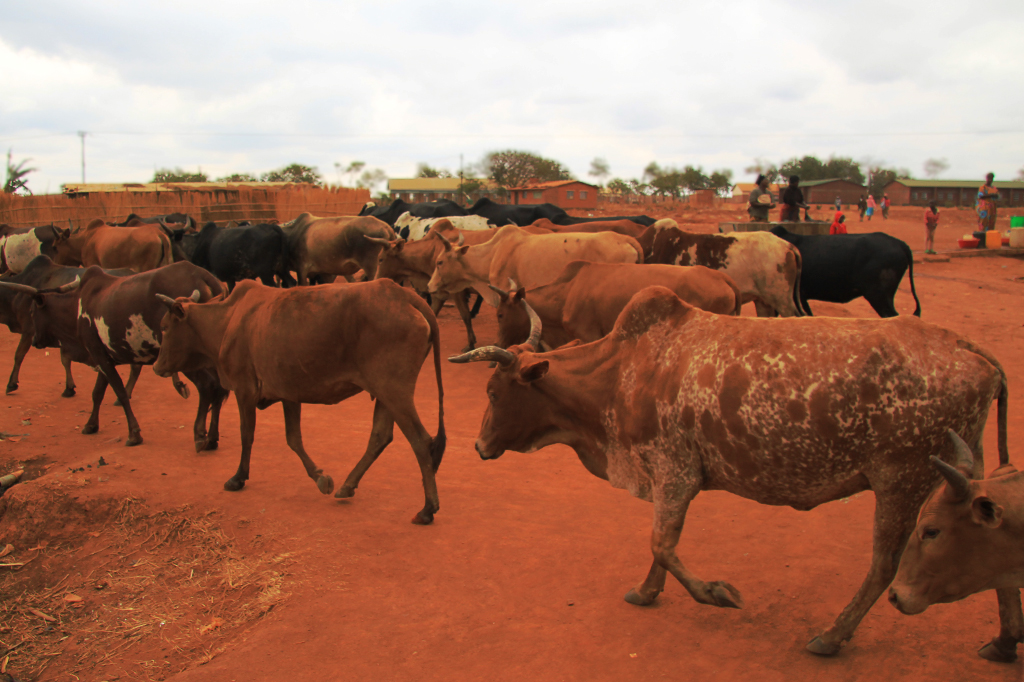I visited a refugee camp for the first time while I was in Malawi.
I spent most of my time visiting Dzaleka refugee camp. This was my first time in a refugee camp — not counting my trip to an IDP camp in Uganda last year — and I found it to be a very dichotomous experience.
Dichotomous in the sense that there’s in reality two sides to Dzaleka.
On one hand, Dzaleka is almost like a small city. There are houses, restaurants, community centers, fields, a hospital, schools, churches, and a police station all within a small area of land. People frequent the local shopping area during the day and the bars at night. There’s a wide range of people from many different countries, and people are glad to say and ask how you’re day is going. Children tend to yell “Muzungu!” as I walked past, ask to take a picture with them, or even just grab my hand and examine my fingers closely. I met many refugees from the Democratic Republic of Congo and Rwanda, learned how to make necklaces for a local women’s group, and even witnessed a performance by a group of Burundian drummers.
On the other hand, Dzaleka has a side to it that is dark, desperate, and frankly, terrifying.
There aren’t many who would say that being a refugee is a dream come true. Starvation, poverty, and desperation are frequent. While there are many in Dzaleka who are doing well, there are still burn victims, women with more children than food, crime, and sexual violence.
The terrifying part I found is not anything I witnessed firsthand, but the thought that there are many people who live in camps like these who are extremely vulnerable. Vulnerable to exploitation, to disease, poverty, sexual violence and any number of other things that come to be a normal part of living in a camp.
This dichotomy, to me, seems to be a signal of both the good work done in Dzaleka, and how much is left to do.




